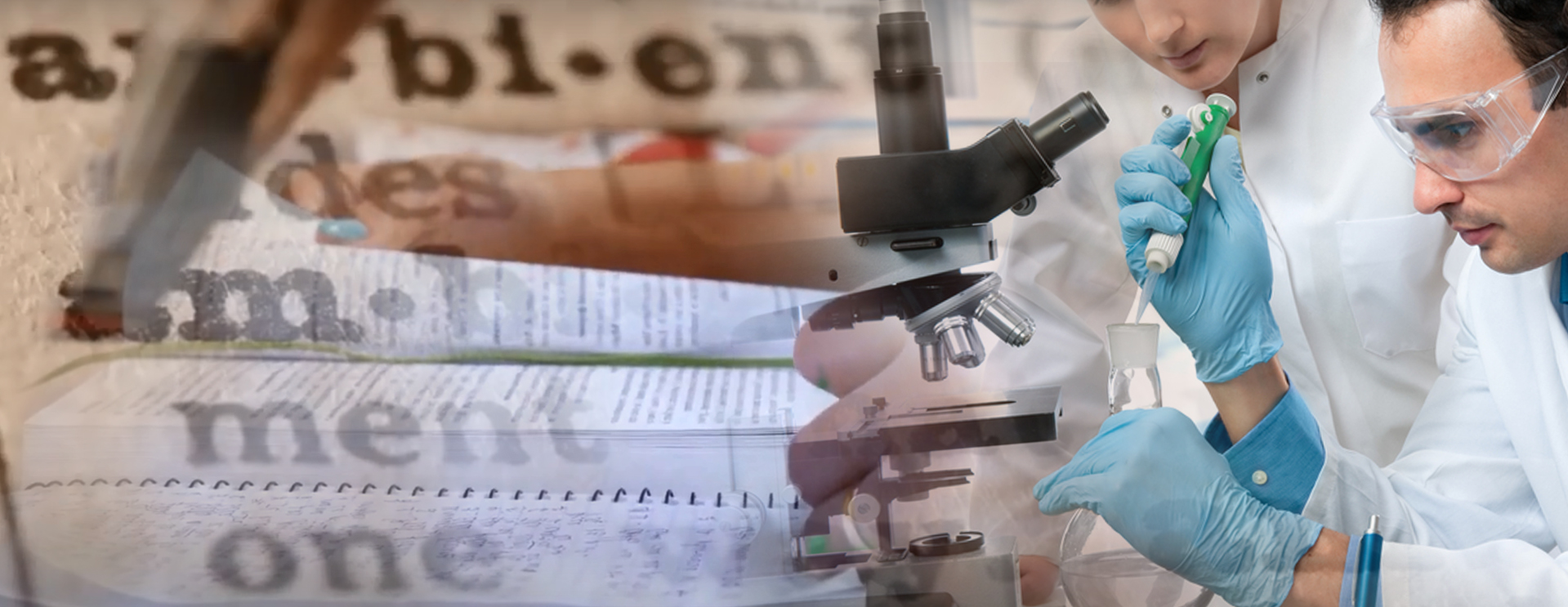Clinical trials are a vital part of clinical research and they are governed by strict guidelines that are in adherence to standard ethical practices. Every new drug must go through a clinical trial and the Patient-Reported Outcomes (PROs) must be evaluated thoroughly to ensure that the drugs are deemed safe for humans. They are essential in helping us understand whether a drug, vaccine, or medical device is effective and safe to use. The failure to do so or insufficient clinical testing could result in serious health risks which may lead to tragedies.
A well-designed and implemented clinical trial involving researchers, scientists, physicians, clinics, pharma, and life sciences companies, CROs, and regulators – is critical as it guarantees the safety and effectiveness of drugs and medicines and helps to avoid such disasters.
With technology breaking down the barriers of communication and patient-centricity gaining momentum, patient engagement has become a very important factor in clinical trials.
Why is translation necessary for international clinical trials?
In recent years, clinical trials have become a global affair with clinical trials being conducted in many emerging countries. Very often, Clinical Trial Protocols (CTPs) developed in the country of origin must be implemented in locations where there are differences in languages and cultures.
To ensure the proper and successful implementation of clinical trials globally, the organization and management of the linguistic translation of the materials involved in these trials become a critical factor in the success or failure of such clinical trials.
Not every country mandates the translation of clinical trial documentation. Some countries take for granted that English is understood and commonly used by patients and researchers. With some clinical trials being conducted without having their materials completely translated, the outcome can be detrimental to the whole process as it might invite lawsuits and there is a possibility of a rejection of the trial or the results of the trial by regulators.
A half-hearted effort in the translation of clinical trials may result in bad translations. Bad translation, erroneous in itself, certainly will cause errors and ambiguity in terms of the instructions. Participants in the clinical trial may fail to act as instructed. Inaccurate translations may also result in disparities in terms of the prescription and administration of the study preparation. All these may result in the reduction in the likelihood for appropriate follow-up and treatment of underlying conditions and side effects of the clinical trial.
When done properly, translation bridges communication gaps in countries and cultures where different languages are spoken. Consequently, inaccurate translation can cause a breakdown in communication which can be extremely serious in terms of human lives, the credibility of the clinical trial, and ultimate economic revenue.
Yet, translation is often the last factor to be considered in the planning of a global clinical trial.
How to properly manage the translation of Clinical Trial Protocol (CTP)?
All clinical trial requires a Clinical Trial Protocol (CTP). CTPs are formal, written documents describing the objectives, design, methods, statistical aspects, and the organization of the trial. The language used should be clear, concise, and accurate such that it is free from ambiguity.
When translating the CTP, the recipient of the translation, the clinical trial participants, must also be considered.
In the translation of CTP, it is important to consider the following process:
- Create Translation Memory (TM) from existing source materials and its corresponding approved translations.
- Create a terminology from the approved translation
- Mandate Translation-Editing-Proofreading process with each process handled by independent linguists (ISO 17100)
- Review
- Back Translation (if applicable)
- Final Proof
With the extensive process taken for translation, review, back translation, and validation, the final approval of multilingual CTP may take months. However, this is a very critical process, which when skipped may have a serious adverse effect on the clinical trial.
Source:
All You Need to Know About Digital Clinical Trial Management in the 2020s, a whitepaper by Avenga
https://www.clinicalleader.com/doc/the-role-of-language-translation-in-clinical-trials-0001

